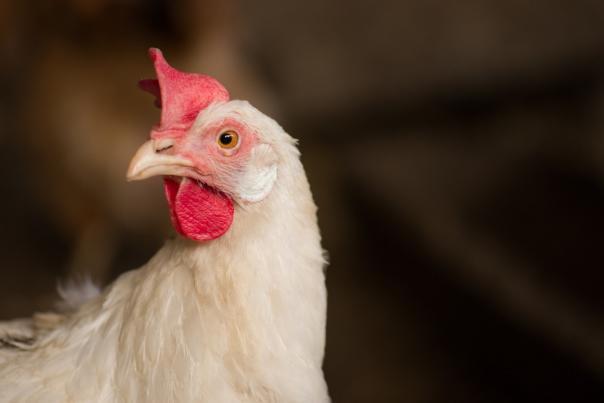EFRA Report calls on Government to update food procurement standards

The Committee also expressed disappointment that the Government Buying Standards have not been used as a vehicle to support British producers.
Neil Parish MP, chair of the EFRA Select Committee, commented: "The Government has a real opportunity to support high standards, small businesses and British farmers through its food procurement system. Our prisons, schools and hospitals spend billions each year on food, yet government buying standards are not up to date and remain poorly enforced.
"Government buying standards should therefore be urgently updated and made mandatory across the public sector. If we fail to act, ministers are in danger of paying mere lip-service to vital policies and falling short of their manifesto promises 'to encourage the public sector to buy British, support our farmers and reduce environmental costs' at the same time."
The report recommends:
- Improving the monitoring and enforcement of compliance with food buying standards, using existing inspection bodies such as Ofsted (for schools) and the Care Quality Commission (for NHS Trusts).
- Making the standards mandatory across all public sector bodies in England (which would mean expanding their remit in England to include local councils and schools, as well as the NHS and some care homes).
- Removing the exemption that allows caterers not to follow the standards on the basis of cost.
- Overhauling the Government Buying Standards to make them stronger on nutrition and animal welfare, and to make them reflect the UK’s net-zero emissions targets.
- Supporting British producers and providing a market for farmers demonstrating environmental, animal welfare and other public benefits, to mirror the aims and funding principles of the new Agriculture Act.
Last week, a Countryfile investigation highlighted how current procurement standards are undermining British producers. They found that an ‘opt-opt’ clause related to cost, and a complete lack of enforcement of standards means food which doesn’t meet UK standards is routinely offered to public sector caterers.
The investigation highlighted concerns that if the UK allows more low-grade food (like chlorine-washed chicken) into the UK as part of new trade deals, schoolchildren and hospital patients could be natural recipients of this produce if standards aren't improved.
Andy Jones, chair of the PSC100, said: "We welcome the recommendations in this report - it's great to see the EFRA committee recognise how important public sector catering is for the health of our nation and for setting out what a good, sustainable diet looks like.
“Public sector caterers have been leading a transition to better food, with many achieving Soil Association Food For Life Served Here awards and serving food that is much better than the minimum standards, and also reducing our meat servings by 20% last year. It's time that the bar was raised for everyone and we can only do that with proper standards, properly set in law and enforced.
“Whilst we welcome the report overall, I am concerned about the efficacy of Ofsted or the Care Quality Commission as enforcement agencies - they will need training and expertise in food and food standards. Good monitoring and enforcement is absolutely vital and we don't want to see this become a tick-box exercise.
“I look forward to the National Food Strategy addressing this and the government doing the same in the White Paper which is due to follow later this year."
The PSC100 group comprises caterers, politicians, healthy eating campaigners and suppliers operating in the public sector. They aim to use their collective voices and experience to improve government legislation and action towards healthier catering and education.
Ruth Westcott, Sustain’s food and climate change coordinator at Sustain, added: “It’s fantastic to see the committee recommend standards be brought in line with our commitments to net zero. In practice this would mean serving less but better meat, more fruit and vegetables and more seasonal, locally-grown produce with less ultra-processed food.
“With the standards clearly stipulating buying better produce; higher-welfare and pasture fed livestock for example, and supporting smaller suppliers, these proposals would greatly benefit higher-standard UK farmers and that is exactly what we need to see.”
